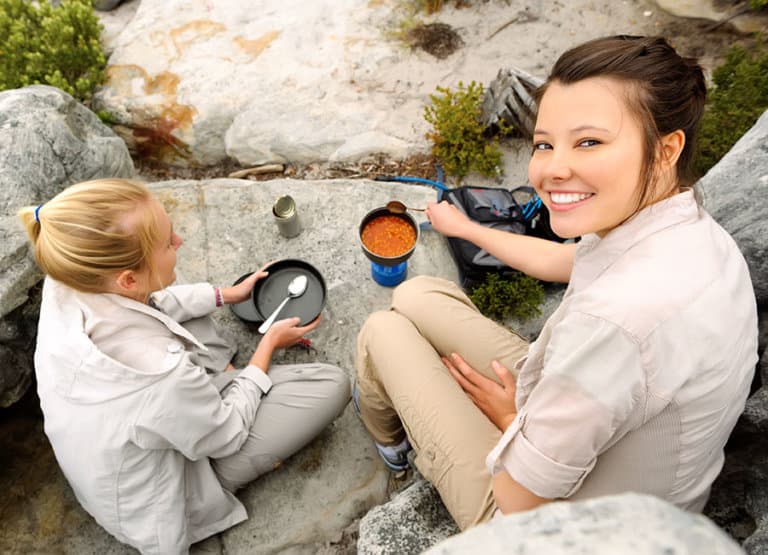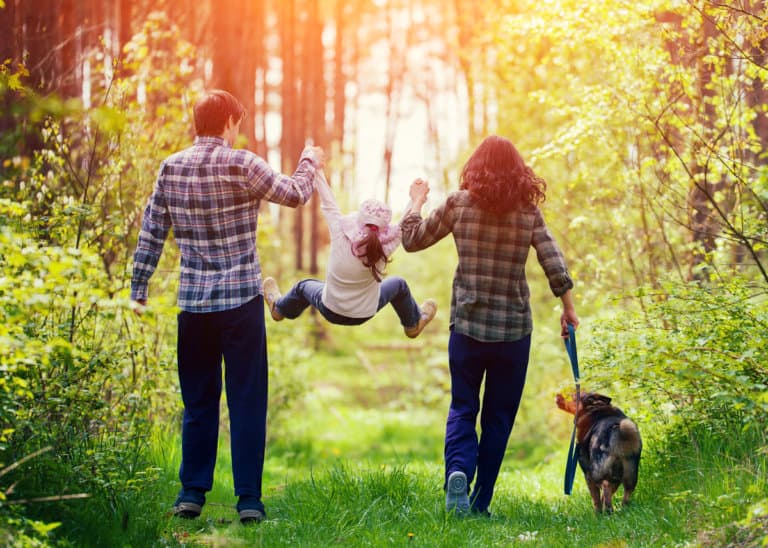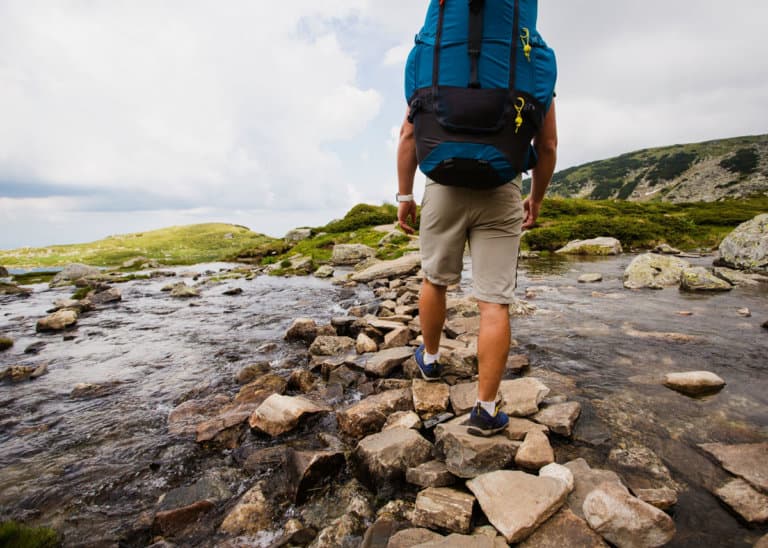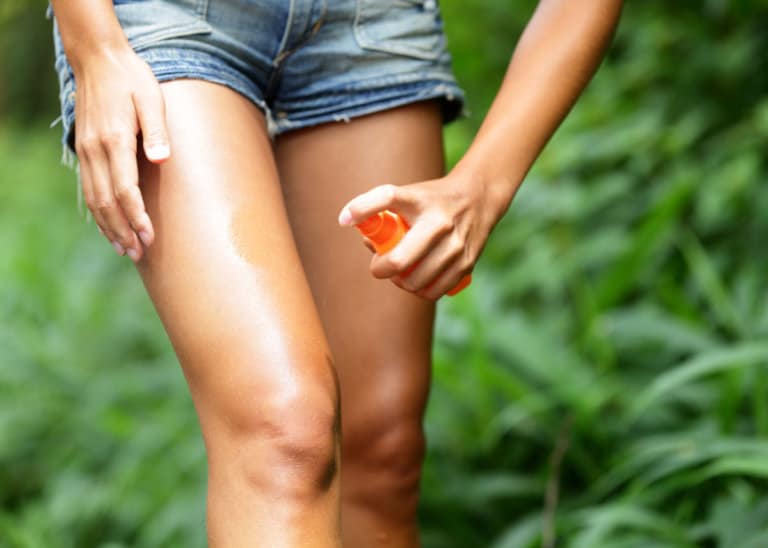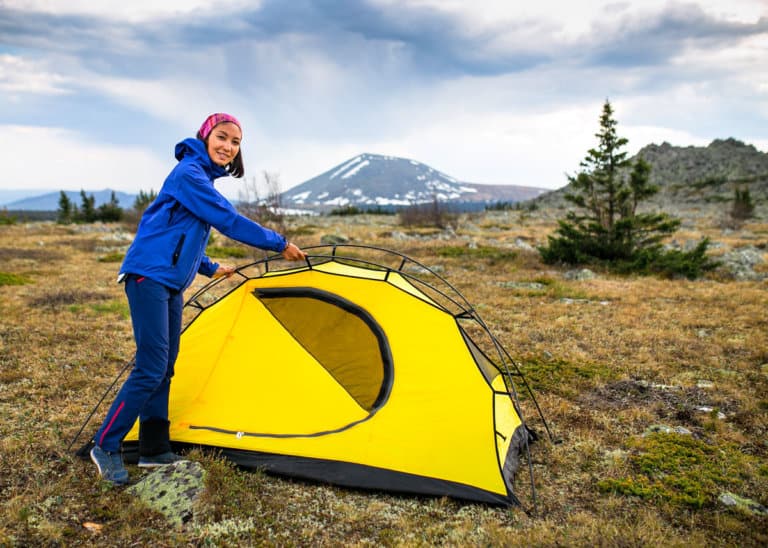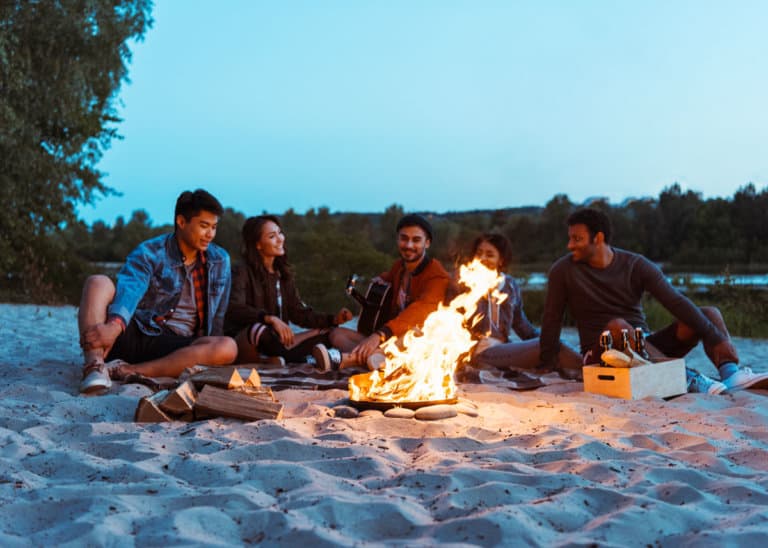12 Essential Campfire Safety Tips: Fire Safety Rules for Kids
According to the US Forest Service, 90% of wildfires in the United States are caused by carelessness.
Here are twelve essential campfire safety rules. These fire safety tips will help keep your kids and the forests safe.
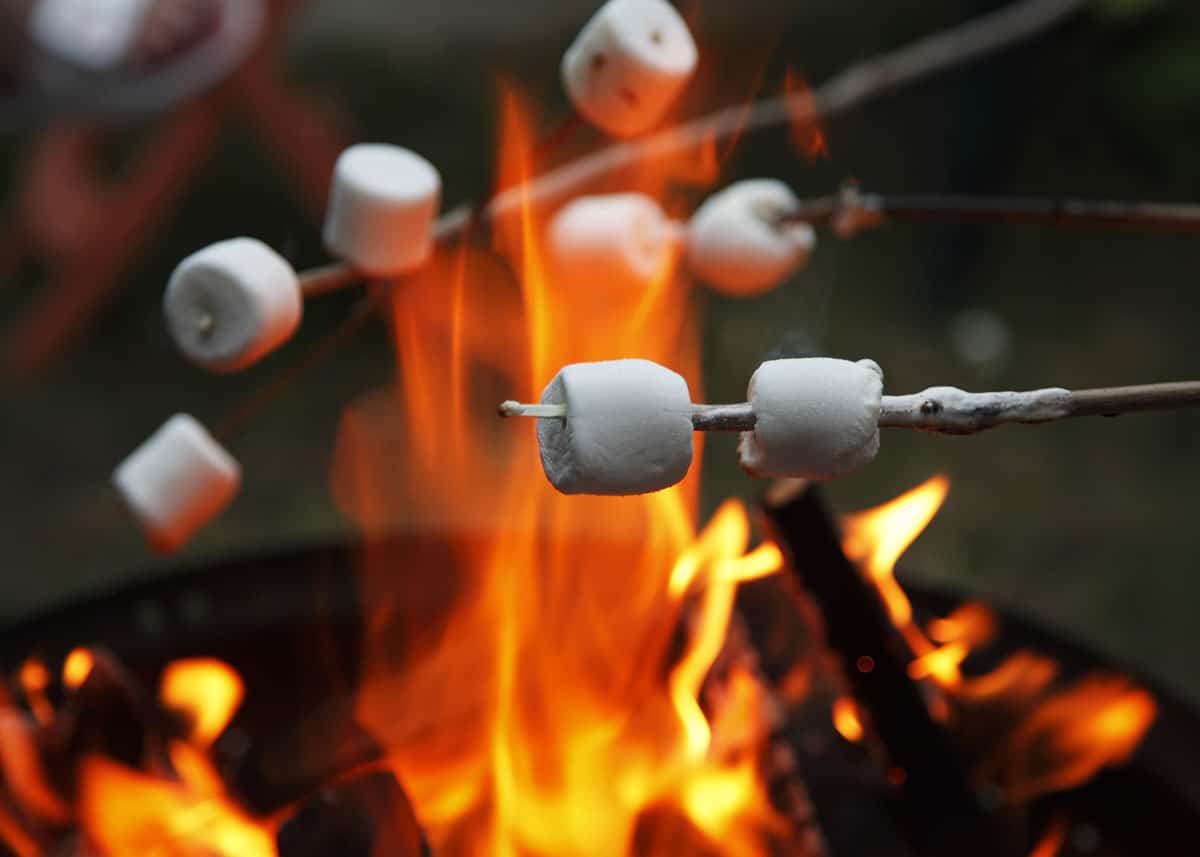
12 Campfire Safety Tips
Here are 12 tips for the safe use of a campfire. It would be great to review these with your children.
Campfires are super fun, but things can quickly get out of hand if they don’t have a few basic rules.
It is really important that when planning and creating a campfire, you always consider safety first.
Before you light your campfire always consider the following:
- Check that fires are allowed: If they are prohibited, it goes without saying that you should not light a fire.
- The weather in your area: Check the weather conditions in your area and do not light a fire when it is incredibly dry and incredibly windy.
- Choose the right location: Ensure that the location is free from flammable vegetation. Use a built fireplace where possible or dig a trench to house the fire and avoid embers jumping out. Ensure the location is at least three meters away from surrounding tents and other items.
- Prepare your area: Create a boundary around your campfire using rocks. Clear debris and twigs from around the fire boundary to avoid any fire accidentally spreading.
- Do not use flammable liquid: Gasoline or diesel should never be used when starting a fire.
- Consider the size of your fire: Keep your fire just big enough for cooking and keeping warm; it should not be unnecessarily large.
- Never leave your fire unattended: An adult should be with the fire at all times.
- Supervise children and pets at all times: Children and pets cannot be trusted with fire even if they have been around it hundreds of times before. Please never leave them alone with fire or allow them free access to it.
- Do not place glass on the fire: This can heat up, pop, and hit surrounding people.
- Use only fallen and dead wood: If you use the wood of living trees this could damage the environment and is likely to release a lot of smoke.
- Always have water nearby: Have a bucket of water nearby the fire at all times in the event of an emergency.
- Ensure your campfire is extinguished safely: Ensure that the campfire is totally doused with water and there are no remaining burning embers. Do this before bed and if you are leaving the vicinity. Do not use soil to douse the flames as embers can continue burning underneath.
While campfires are a fun and a central part of the camping experience, you must plan them carefully.
They can also be dangerous if they get out of control, both to you and your camping buddies but also to surrounding human populations and nature.
Here are more safety tips from Nova Scotia, Smokey Bear, and the NYDEC.
Campfire Skills
One of the best ways to stay safe around a campfire is with the right skills.
- Campfire cooking guide: Learn how to properly cook on a campfire and regulate the temperature.
- How to build the best winter campfire
- How hot is a campfire? This guide covers the average, internal, and cooking temperatures of a campfire.
- How to start a campfire: This guide covers 6 easy methods for fire building and starting.
Here’s how to start a fire without matches.
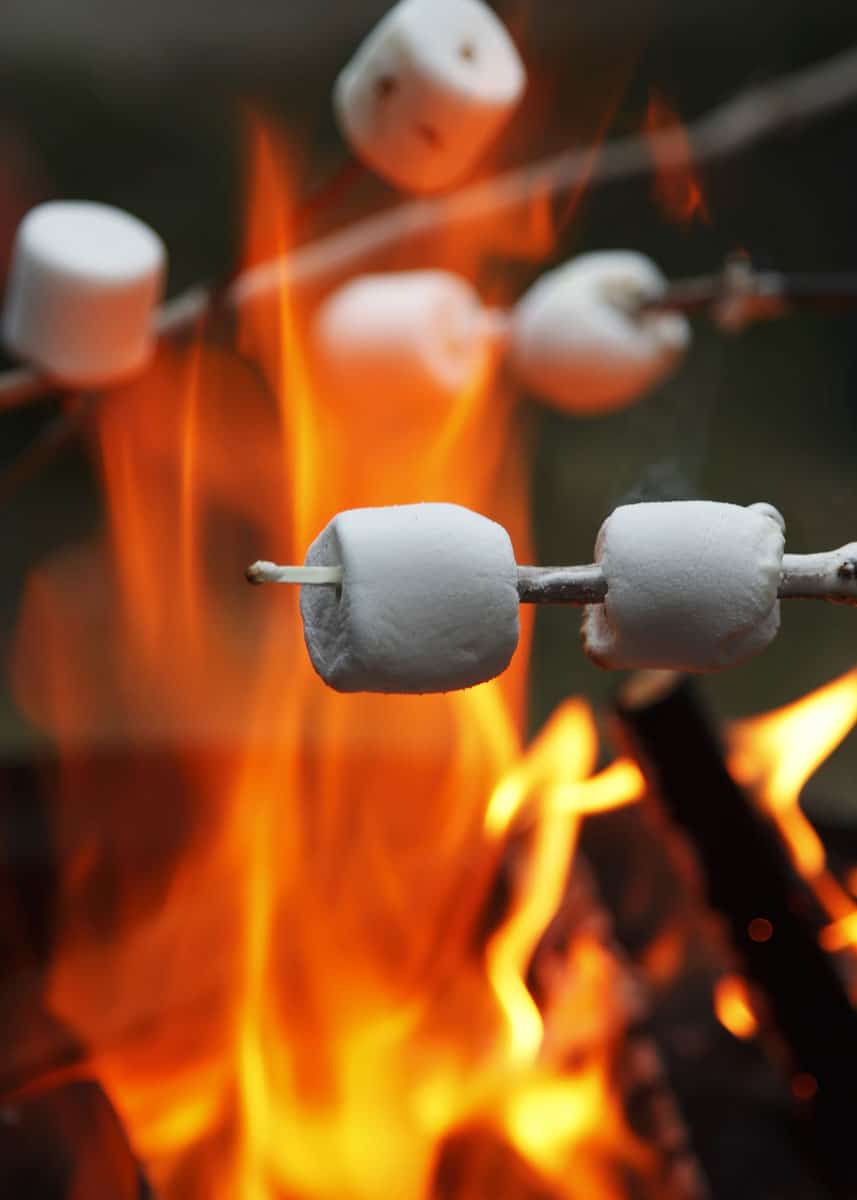
Your Turn
There you have it: our guide to campfire safety. What fire safety tip would you like to add? Join me in the comments!

